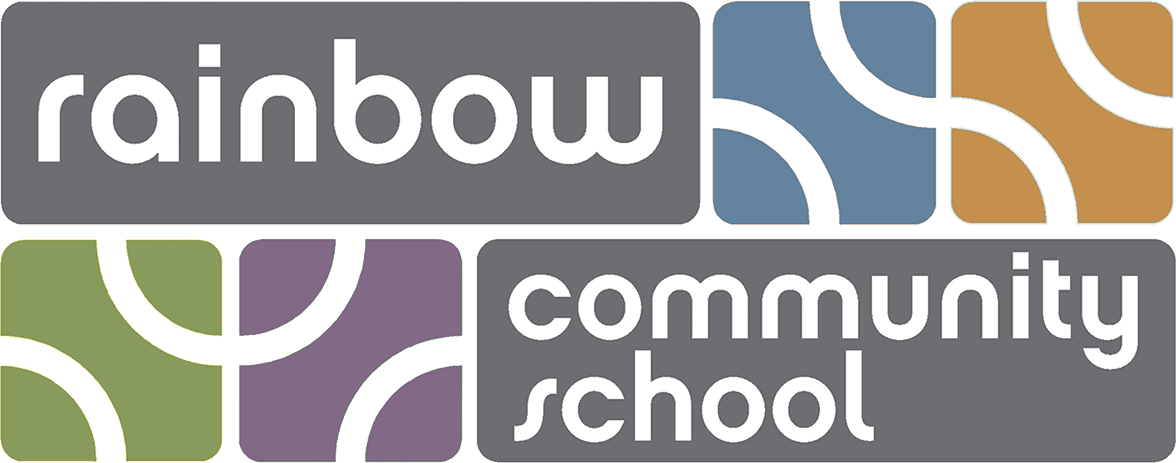A culture that is permeated by a materialist philosophy sees the Earth as a commodity- a resource to bought, sold, quantified and controlled. In this view- humans are separate from nature instead of interdependent. Many of the educational methods at Rainbow aim to shift this paradigm by paying homage to the sacred bond between nature and humanity and connecting children to nature on heart and soul level.
Our model and methods have been inspired by educators such as David Sobel. Sobel an educational theorist and author, is most known for his theories on placed based education- in which the local community, culture, landscape, and environment not only become the classroom but also the teachers.
In Sobel’s educational philosophies the natural world plays a central as a teacher. In one of his most famous works, Beyond Ecophobia: Reclaiming the Heart in Nature Education, he explores the learning needs and characteristics of three primary child development stages and likewise, proposes three nature engagement methods. In early childhood, the focus should be on nurturing an empathetic connection towards nature. In middle childhood, nature exploration is emphasized and in early adolescence, stewardship and environmental action takes precedence.
He suggests that this progression not only supports a child’s “biological tendency” to bond with the Earth but fosters “environmentally aware, empowered students” He goes on to state, “if we want children to flourish, to become truly empowered, then let us allow them to love the Earth before we ask them to save it. Perhaps this is what Thoreau had in mind when he said, “the more slowly trees grow at first, the sounder they are at the core, and I think the same is true of human beings.”
Sobel’s work aims to connect children on that heart and SOUL level.
At RCS, Nature is not only a classroom for every student but also plays a central role as a teacher. The Natural World is highlighted in RCS’s mission, vision, guiding principles, and our Rainbow Seven Domains educational method. However, school’s out for summer…BUT we invite you to consider nature as a classroom and a teacher.
Summertime for many children means being outside. Summertime often yields many opportunities to deepen our nature connection- longer days, warmer temperatures, trips to new places, nature hikes, water play, gardening, summer camp, the list goes on. In what ways have you and your family engaged with nature? In what ways has it become a classroom or been your teacher? What have you learned in it and from it?
Now consider your own childhood, how did summertime offer opportunities for a nature connection? Through play, adventure, inquiry and expression? What about deep observation, a cultivation of awe and wonder, what about meaningful relationship and veneration? Most importantly, can you remember a spiritual moment that occurred while in the natural world? These moments in nature can have profound and lasting effects on a child. This connection if nurtured, has the capacity to become intimate, empathetic and sacred. Children can begin to see the natural world as a divine teacher. Therefore it becomes our role as parents, friends, family members, and mentors to hold space- to nurture- to foster that intimate, empathetic and sacred bond.
As you and your family make summer plans for time in nature, consider how you may invite “Nature as divine teacher” along. Embark on your adventures, but pack these considerations with you:
- How can you approach nature with a robust wonder and awe?
- How can you bring a heightened mindful presence to your activities?
- How can you make time for deep contemplation and reflection?
- How can you show gratitude?









